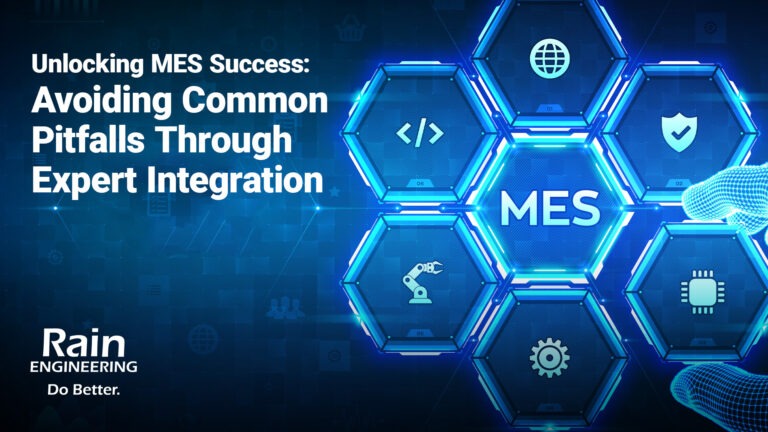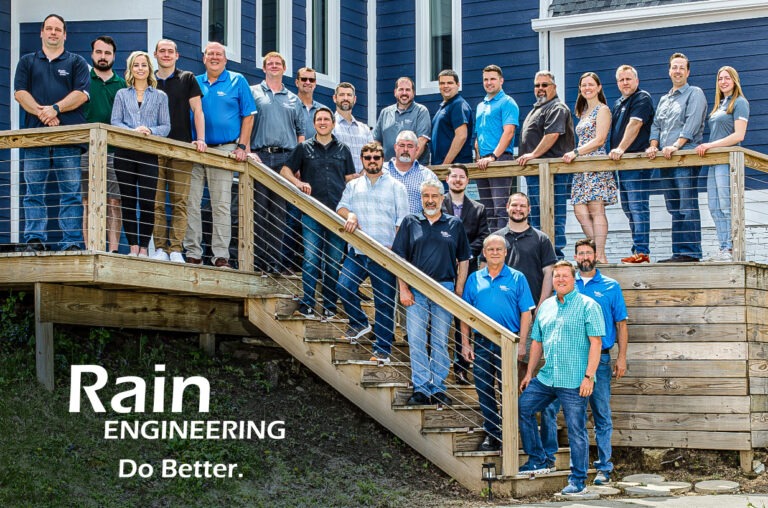- Integration Complexities with Existing Systems
One of the most daunting challenges is integrating MES with legacy systems such as ERP, lab systems, maintenance management, and scheduling tools. Manufacturing environments often have a patchwork of older equipment and software that were not designed to communicate with modern MES platforms. Without expert integration, this can lead to data silos, communication breakdowns, and operational disruptions. The complexity increases when systems use different data formats or lack modern communication protocols, making seamless real-time data flow difficult to achieve.
- Data Quality and Consistency Issues
MES relies heavily on accurate, consistent, and timely data to provide actionable insights. Many manufacturers face fragmented data sources, inconsistent data entry practices, and legacy system limitations that produce incomplete or outdated data. Poor data quality undermines decision-making and can erode trust in the MES system itself. Without rigorous data governance, cleansing routines, and standardized data entry protocols, the MES will fail to deliver its promised benefits.
- Resistance to Change and User Adoption Barriers
Introducing MES often requires significant changes in workflows and roles, which can meet resistance from employees accustomed to established processes. Without proactive change management, including clear communication, training, and involvement of end-users, adoption rates can be low, leading to underutilization of the system and failure to realize ROI.
- Customization and Scalability Challenges
Manufacturing processes are often unique and complex, necessitating some level of MES customization. However, extensive customization can cause project delays, increased costs, and difficulties in future upgrades or scalability. Striking the right balance between customization and standardization is difficult without expert guidance. Additionally, scaling the MES to accommodate new production lines or increased volume requires thoughtful architectural design that many manufacturers struggle to implement on their own.
- Insufficient Testing and Quality Assurance
MES implementations require thorough functional, integration, and user acceptance testing to ensure the system performs as expected. Without adequate testing, manufacturers risk costly production delays, quality issues, and safety concerns. Smaller manufacturers, in particular, may lack the internal expertise to conduct comprehensive testing.
- Cost Overruns and Project Management Difficulties
MES projects can exceed budgets due to unforeseen integration complexities, customization needs, or insufficient planning. Effective project management with continuous budget monitoring is essential but often lacking in organizations without MES implementation experience.
- Lack of Ongoing Support and Maintenance
After implementation, MES systems require ongoing support to address issues, optimize performance, and adapt to changing business needs. Many manufacturers find traditional vendor support insufficient, leading to downtime, lost productivity, and frustrated staff.










